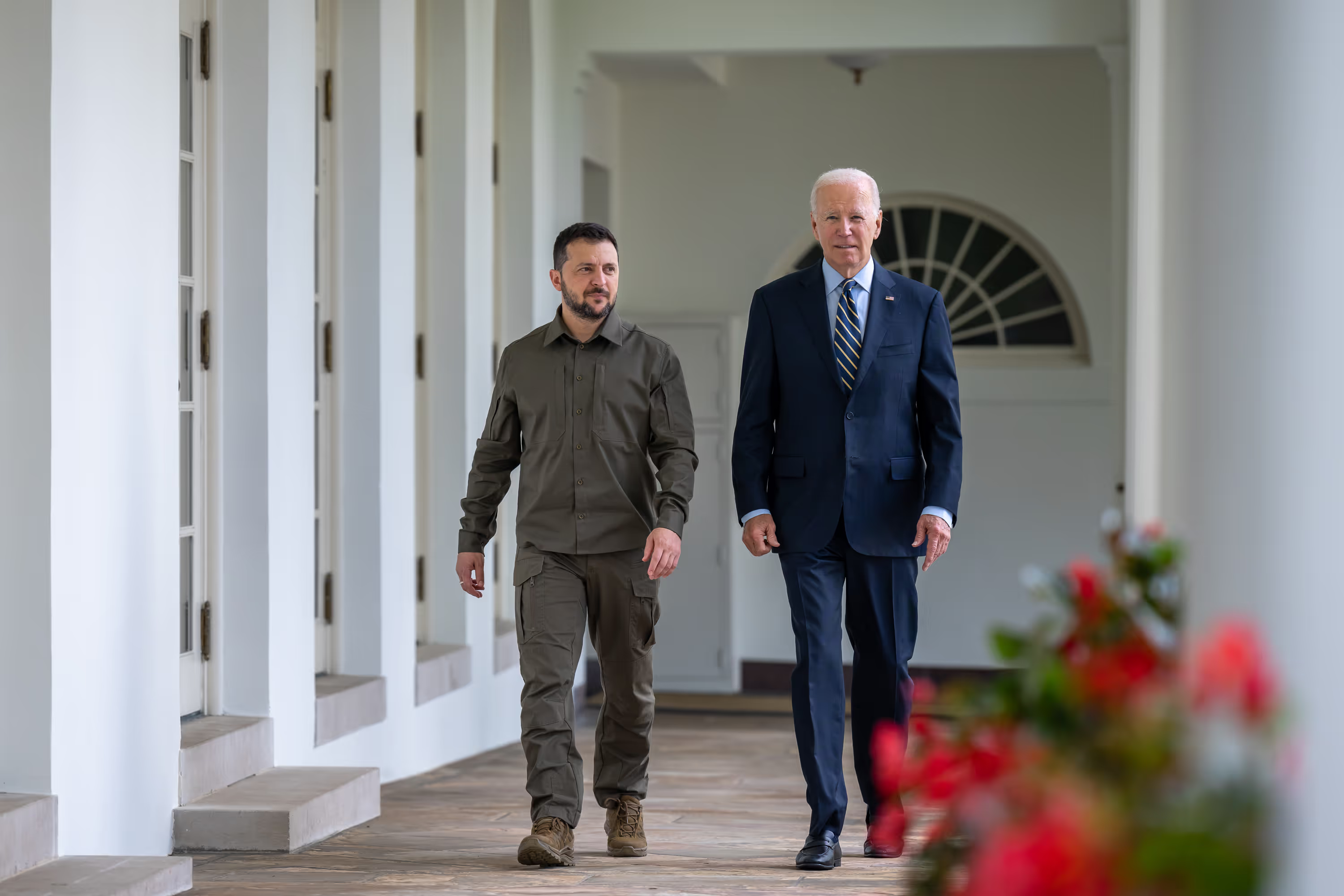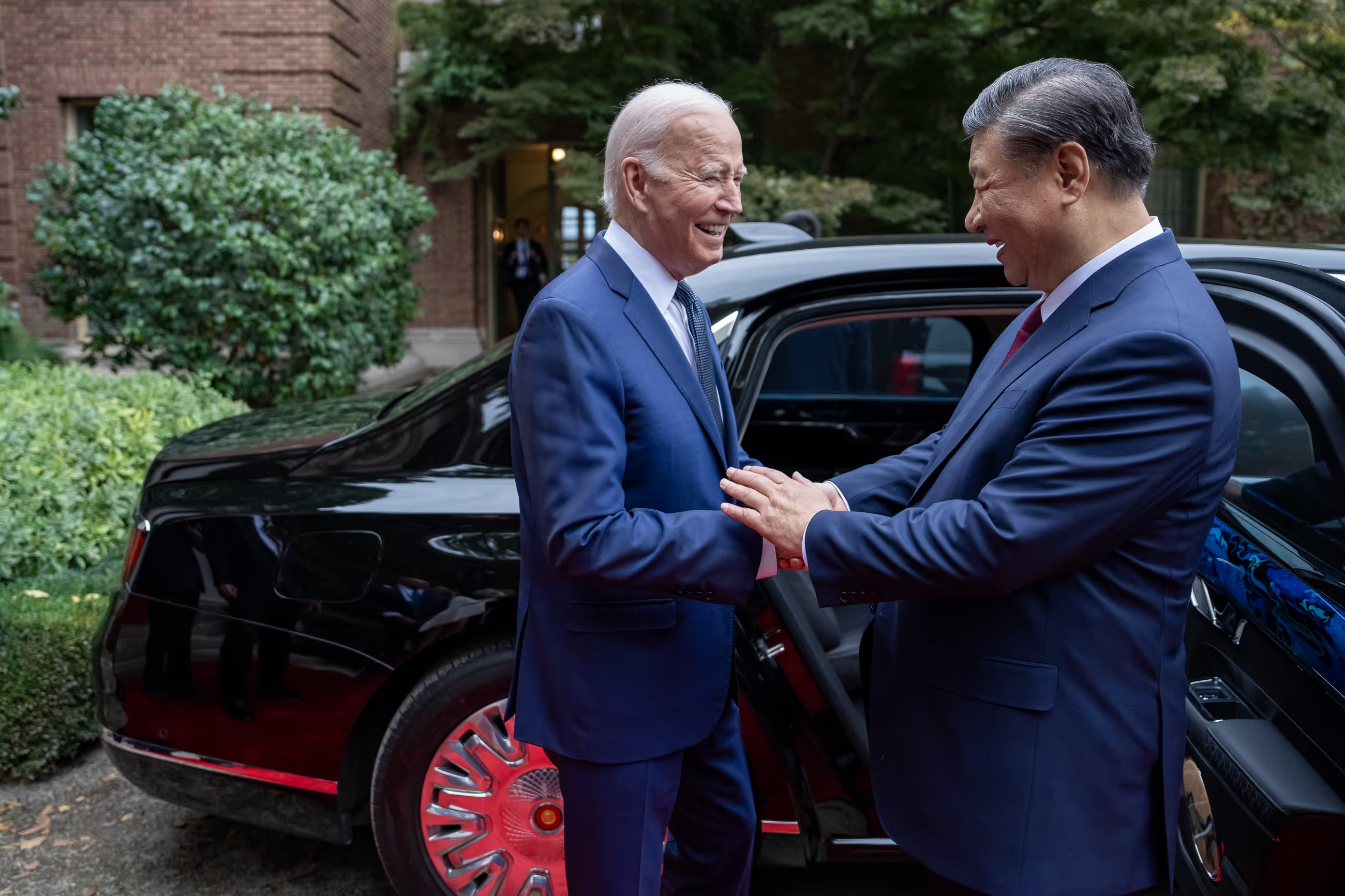

U.S. allies contribute more to global security than often perceived. Current NATO spending targets do not fully capture each country's capabilities and contributions, which differ widely, per commentary from RAND Corporation.
U.S. allies contribute more to global security than often perceived. Current NATO spending targets do not fully capture each country's capabilities and contributions, which differ widely, per commentary from RAND Corporation.
The issue:
Many in the U.S. believe allies do not contribute fairly to global security costs, primarily due to a focus on the 2% GDP spending target. However, data shows that 23 of the 32 NATO members met this goal last year, reflecting significant progress over the past decade.
What they recommend:
No recommendations provided in the commentary.
Go deeper:
The updated analysis reveals that the U.S. share of global security contributions has decreased from 53% post-Cold War to around 39% in 2023. Notably, Eastern European countries are among the top contributors due to security concerns from Russia. Moreover, using metrics beyond spending, such as capabilities, can inform more tailored support requests from allies.
This is a brief overview of a commentary from RAND Corporation. For complete insights, we recommend reading the full commentary.






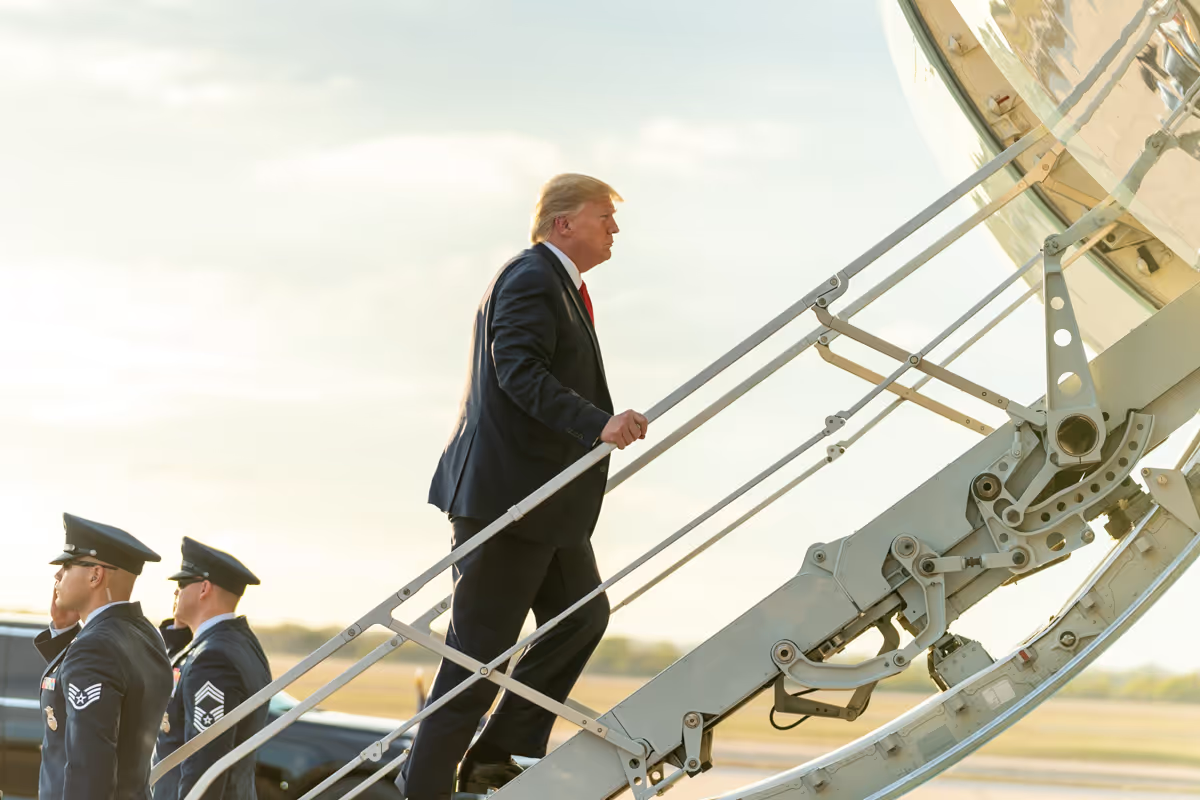


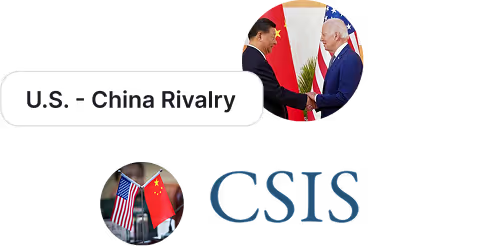

.avif)

.avif)
.avif)
.avif)
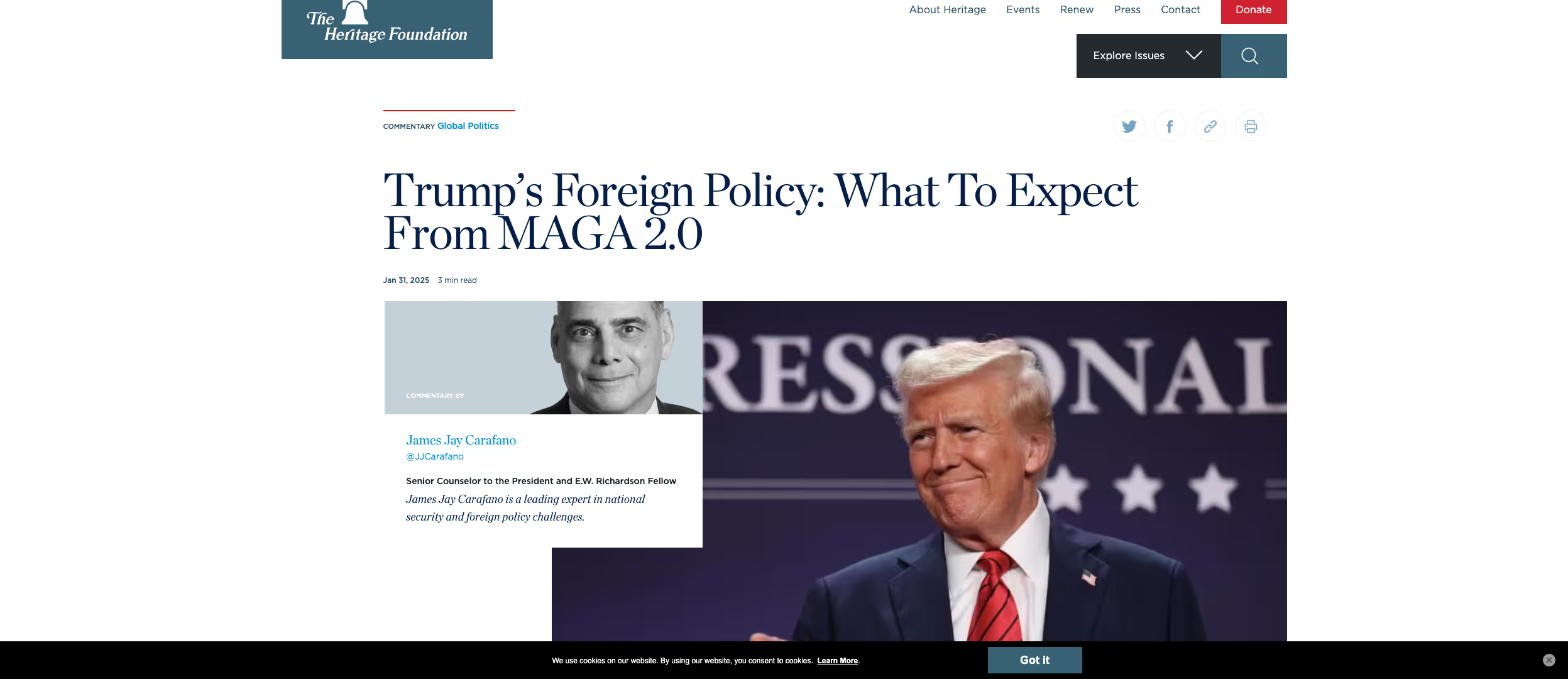
.avif)
.avif)
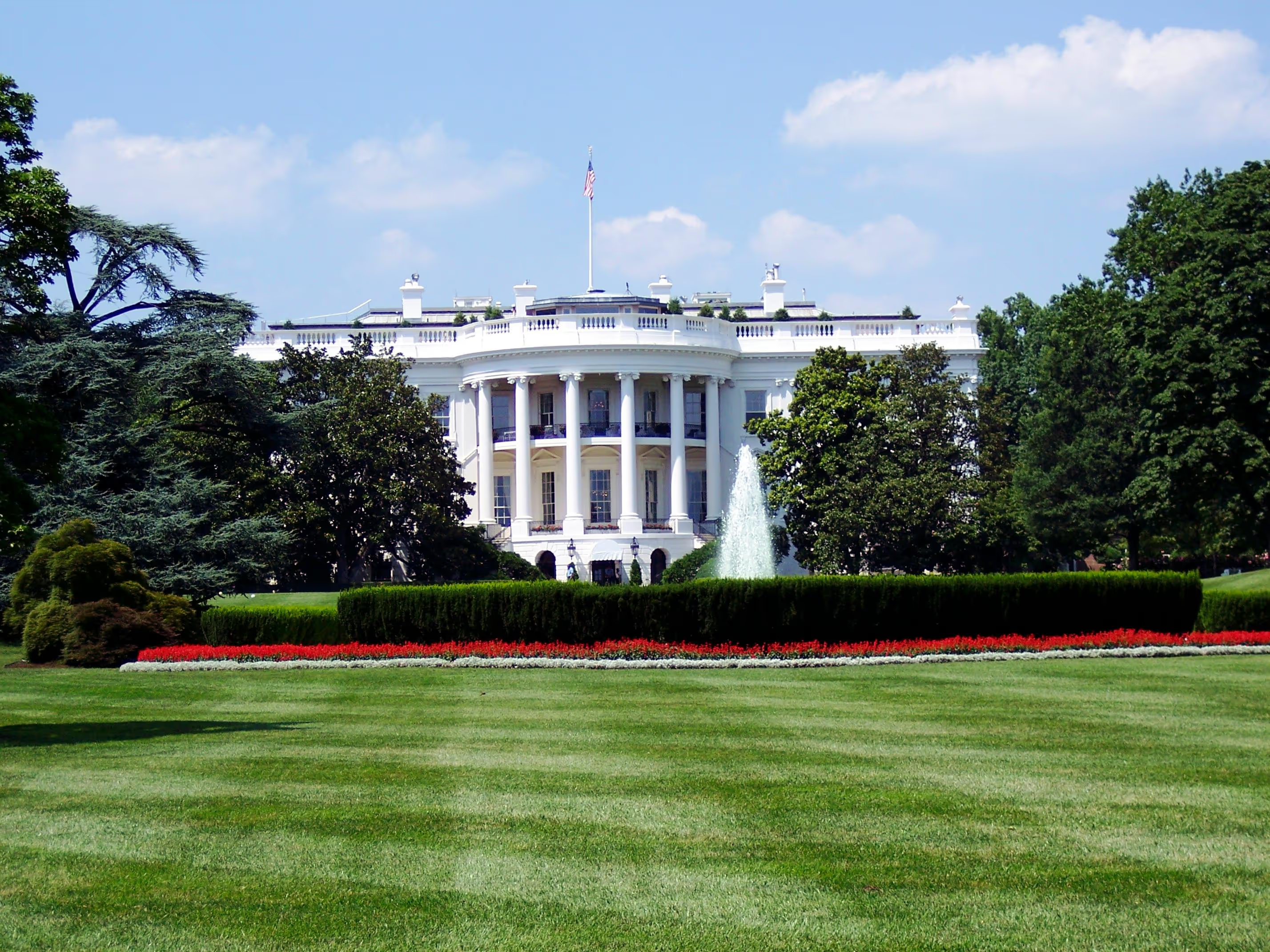


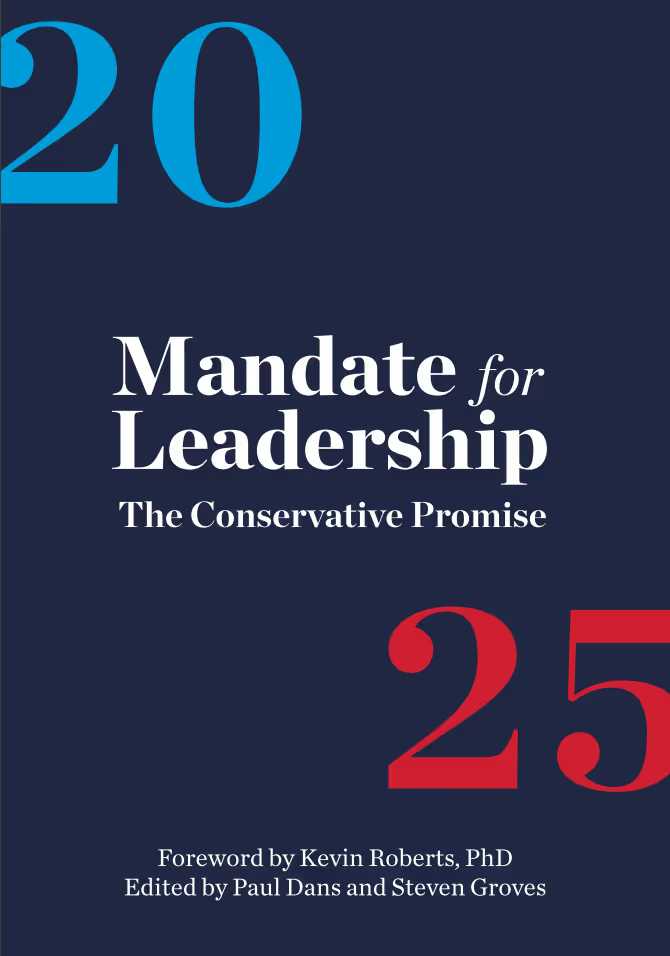





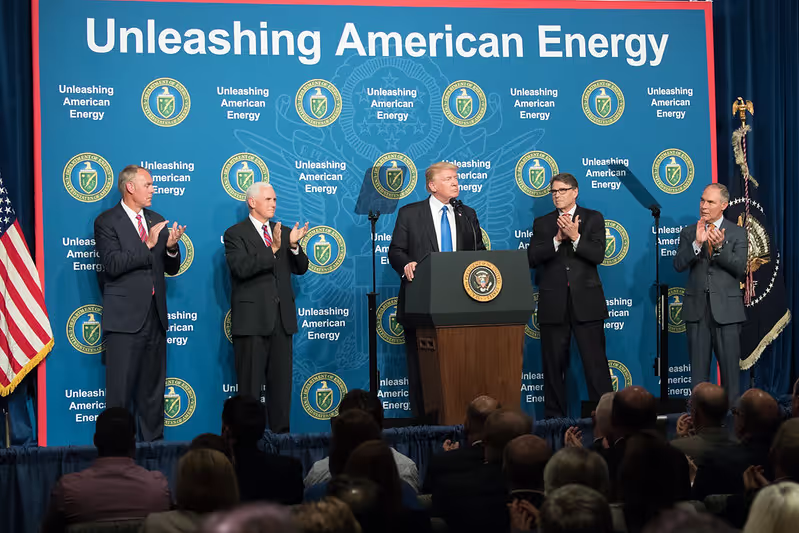
















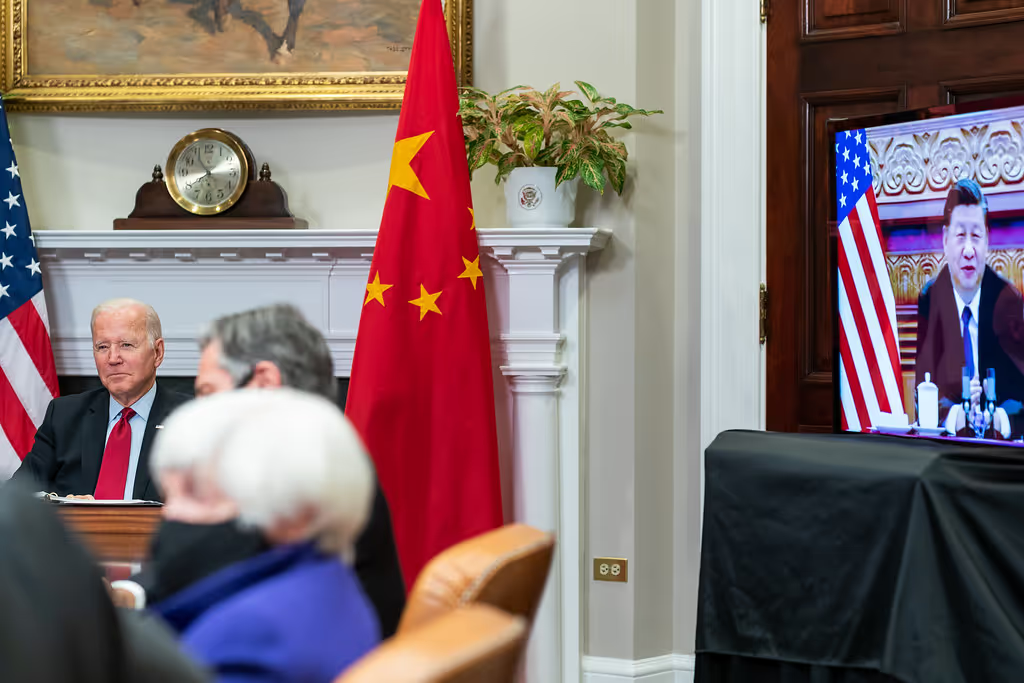










.avif)
